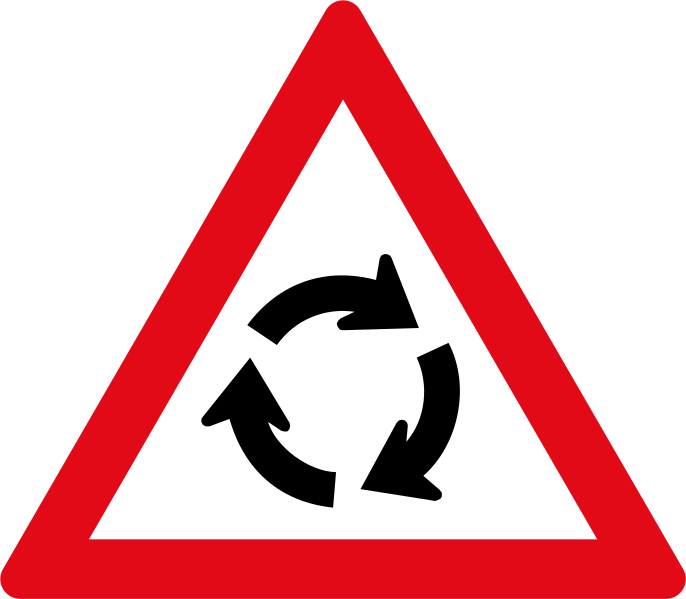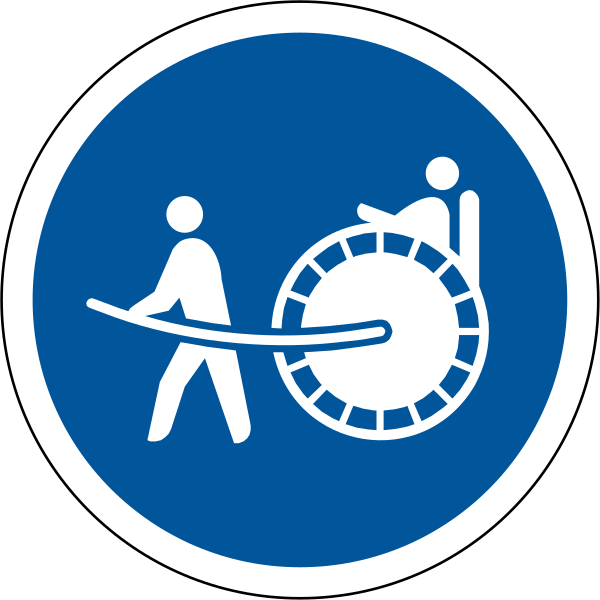|
|
|
LEFT
HAND DRIVING and other SPECIFIC REGULATIONS
|
|
|
|
We
don't need to tell our clients who come here from
the British Isles much about left-hand traffic -
except about some special features of South African
traffic regulations. We'll come back to this below.
For our clients who come from countries with
right-hand traffic: Right at the beginning,
a question that comes up always and again. Regarding
the right-of-way regulation for equal-ranking roads:
The
vehicle comming from the right side has the right-of-way!
|
|
|
|

|

|
|
Also in the roundabout: turn left! |
Rather unusual: lanes only for rickshaws. |
|
|
|
You
sit on the right in the car and it only takes a
short time before you automatically
reach for the gear lever with your left hand.
Experience
has shown that operating direction
indicator and windscreen wipers
correctly takes a little longer. However, there
is the exception that many European car makes, such
as Volkswagen, Volvo ... etc, have arranged this
control elements as you are used to from countries
with right-hand traffic.
It
will also take some time before you, as the driver,
automatically
head for the right car door to get in.
You will get
used to driving on the left side of the road relatively
quickly. Vehicles are then naturally overtaken on
the right. As
long as you are not really used to driving on the
left, you should be careful in city traffic, especially
at large, multi-lane intersections. And at the roundabout:
Turn to the left!
|
|
|
|
|
|
|
road
surface changes ahead |
annother STOP road
ahead
|
that would be rather unusual - in Europe |
|
|
|
|
However,
there are still two problems to which I would like
to
draw your special attention because they can result
in very serious accidents.
Problem one - on the motorcycle - especially on country roads with little traffic:
While
you sit in the car as the driver on the right, and
only because of this reason you notice when you
are driving on the wrong side of the road, you
do not have this warning effect while sitting on
a motorcycle. If you are traveling alone, you have
no choice but to pay
particularly attention, especially when you drive
back onto the road after a short break. However,
if you are traveling in a group, let the person
who is most familiar with left-hand traffic drive
ahead - as far as possible and at least at the beginning
of the tour!
Problem two
- as a pedestrian
- especially in larger villages and towns on busy
roads:
You
walk and look around, or you talk to your companions.
This distracts you and if you grew up in a country
with right-hand traffic, then you are at risk as
a pedestrian in city traffic. You have a habit that
runs automatically and that you can hardly control.
You
walk towards a busy street and the moment you want
to step onto the road - you look to your left ....
- and in this very moment you already hear the tires
squeaking from the other side.
So
look to the RIGHT first - when you walk on a street!
|
|
|
|
|
|
|
three-
and four-way STOP
|
concealed driveways ahead |
on construction sites with manual one-way control |
|
|
|
|
|
|
|
|
The
speed limits - which apply almost all over southern
Africa:
out
of town - 120km/h
... it doesn't matter whether it's a motorway or
a country road
within
localities - 60km/h
... is always explicitly regulated by traffic signs
There
are no place signs that prescribe a maximum speed,
because this is always indicated by traffic signs.
So if you were distracted and suddenly notice that
you are now obviously driving trough a locality,
then if in doubt,
reduce the speed to the usual 60km / h in localities.
Gravel
road: Resist the temptation to drive too fast even
on well-developed routes!
Gravel roads are tricky at high speeds and don't
forgive driving mistakes. In addition, many
car rental companies have installed a GPS tracking
system and if you cause an accident on gravel roads
at excessive speed, the insurance company can take
you back
(... - comprehensive
insurance or not
...).
|
|
|
|
|
Now
a completely new regulation that, as far as I know, was not only
introduced in South Africa, but also in neighboring countries:
"ZERO
TOLERANCE" with alcohol behind the wheel. So watch out:
ZERO POINT ZERO PROMILLE - and don't get caught - it will be
checked !!!
|
|
|
|
|